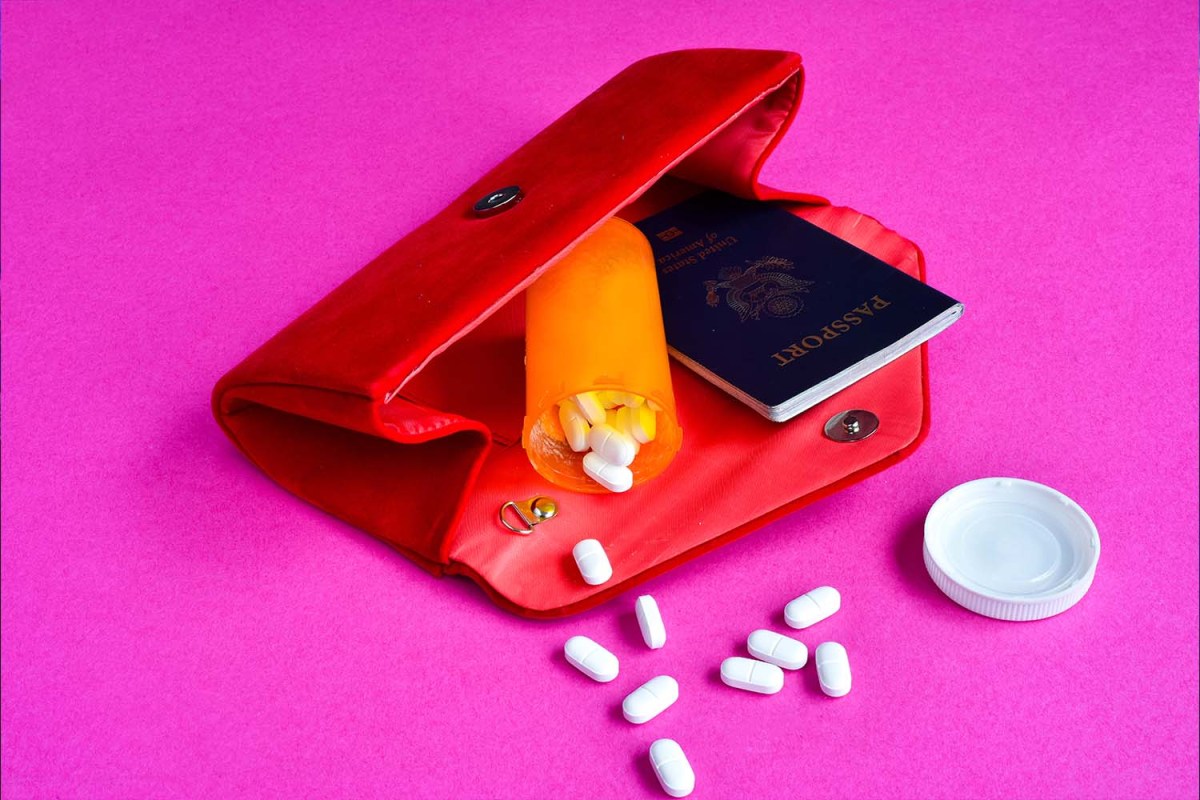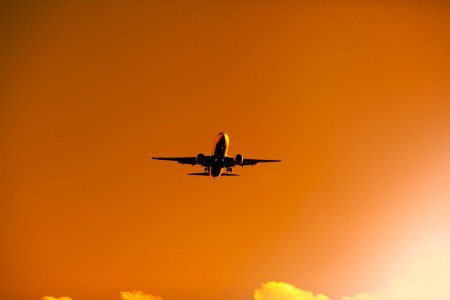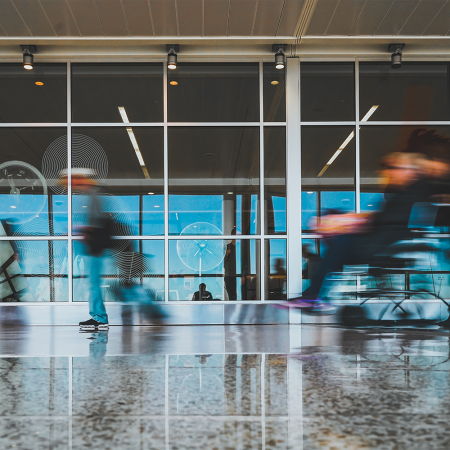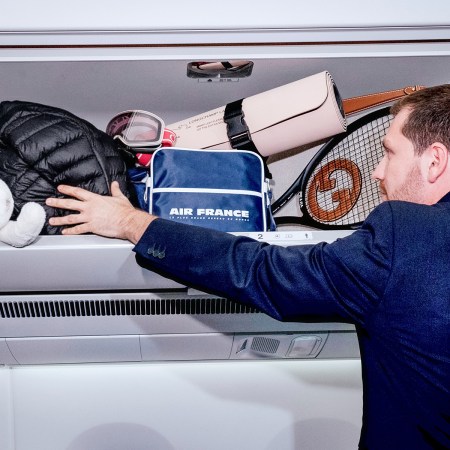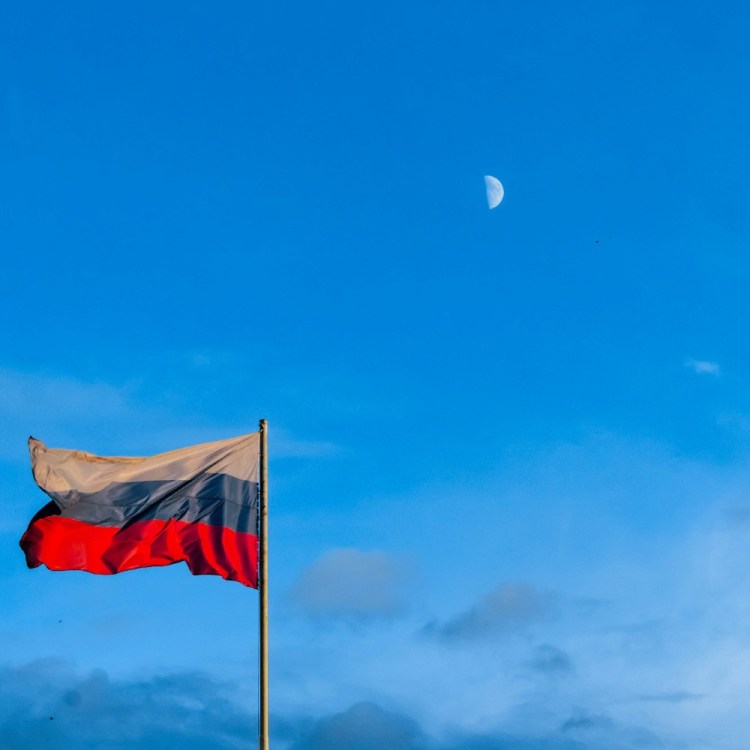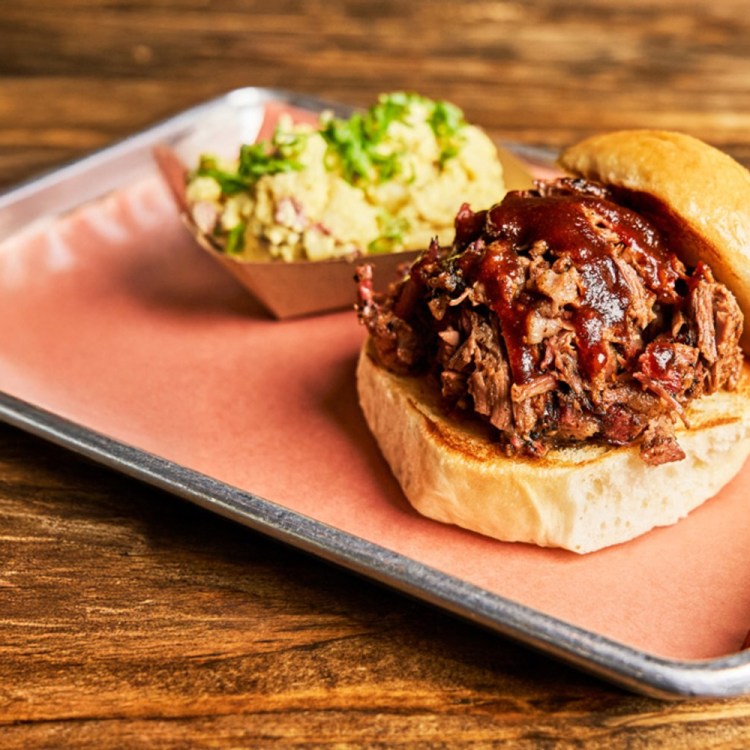The first rule of bringing medications on an airplane? Always keep them in your carry-on, in case your checked baggage gets left behind or lost. But even if you follow that rule, keeping your prescription drugs safe and sound during travel is not as cut-and-dried as you might think.
Per a recent survey of 1,245 Americans by BuzzRx, 10% of travelers have had medications confiscated during travel. One in 9 travelers had to cancel trips due to their medication being confiscated, and about 1 in 6 paid full price for replacement prescriptions. That’s to say nothing of the potential health risks that come with having prescription drugs confiscated.
Fortunately, avoiding this situation really comes down to knowing the rules, primarily of the place your traveling to. Per USA Today, some U.S. medications are not approved in other countries, though it’s worth noting that 41% of respondents said that they had issues while traveling domestically, compared to the 44% that said they had issues while traveling internationally. In short, it’s worth a little research regardless of where you’re headed.
What to Know About Flying in Extreme Heat
Because it’s hot af out thereFor its part, TSA does not require passengers to have medications in prescription bottles; instead, it’s states that have individual laws regarding the labeling of prescription medication with which passengers need to comply. To that end, it’s best practice to carry original, labeled containers and not to combine multiple medications into one container (like a travel pill case, for example). A letter, or written prescription, from your doctor detailing your medical condition, and medication use case is also advised, and the name on the prescription should correspond to any/all travel documents and identification.
Further, you can bring your medication in pill or solid form in unlimited amounts as long as it’s screened. It’s not necessary to present your medication to or notify a TSA agent about any medication you are traveling with unless it is in liquid form. Medication in liquid form is allowed in carry-on bags in excess of 3.4 ounces in reasonable quantities for the flight, and will be subject to additional screening.
For what it’s worth, anxiety medications (Xanax, Valium, etc.) were among the most commonly confiscated drugs, followed by sleep aids (Ambien, etc.), according to the BuzzRx survey. The irony of that being that 37% of respondents noted a decline in their mental health as a result of having their meds confiscated. If anxiety meds are what you’re carrying, do your homework.
This article appeared in an InsideHook newsletter. Sign up for free to get more on travel, wellness, style, drinking, and culture.
